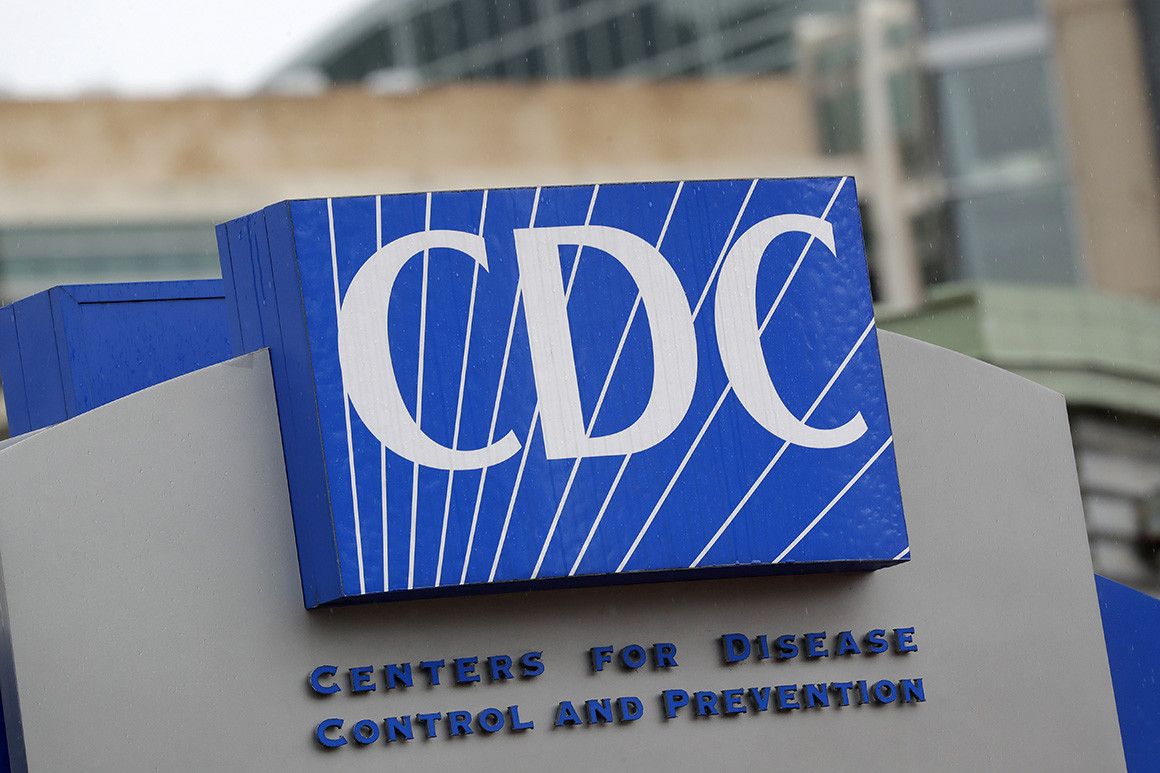On Monday, CDC’s Principal Deputy Director Dr. Anne Schuchat said the coronavirus has been spreading too rapidly and too broadly in the United States to bring it under control.
The nation has been setting daily records of new infections in recent days as public health officials report a recent surge across a few states in South and West.
Recently, the spike in new cases has surpassed the daily infection record of April when the virus rocked the Washington state.
With The Journal of the American Medical Association’s Dr. Howard Bauchner, Dr. Schuchat said, “We’re not in the situation of New Zealand or Singapore or Korea where a new case is rapidly identified and all the contacts are traced and people are isolated who are sick and people who are exposed are quarantined and they can keep things under control.”
“We have way too much virus across the country for that right now, so it’s very discouraging,” she added.
On June 8, New Zealand declared that there were no more active COVID-19 infections. Since then, a handful of new cases have entered the country from international travelers; however, health authorities have managed to contain the outbreak to less than 10 new daily cases a day through this month.
South Korea and Singapore have managed to contain the outbreak through rigorous testing, contact tracing, and isolation of infected people.
Dr. Schuchat said officials in New Zealand, South Korea, and Singapore have quickly responded to every new infection to stamp out what remains of the outbreak. On the other hand, the United States continues to report more than 30,000 new cases a day.
“This is really the beginning,” she said. “I think there was a lot of wishful thinking around the country that, hey it’s summer. Everything’s going to be fine. We’re over this and we are not even beginning to be over this. There are a lot of worrisome factors about the last week or so.”
Dr. Schuchat noted that the huge size of the nation and the fact that the virus has been hitting different states at different times have made things complicated.
“What we have in the United States, it’s hard to describe because it’s so many different outbreaks,” she said. “There was a wave of incredible acceleration, intense interventions and control measures that have brought things down to a much lower level of circulation in the New York City, Connecticut, New Jersey area.”
“But in much of the rest of the country, there’s still a lot of virus. And in lots of places, there’s more virus circulating than there was.”
Dr. Schuchat explained that the coronavirus spreads easily, no one appears to have immunity to it and it’s in fact “stealthier than we were expecting.”
“While you plan for it, you think about it, you have that human denial that it’s really going to happen on your watch, but it’s happening,” she continued. “As much as we’ve studied [the 1918 flu pandemic], I think what we’re experiencing as a global community is really bad and it’s similar to that 1918 transformational experience.”
Meanwhile, Dr. Schuchat recommended people to curb the spread of COVID-19 infection by practicing social distancing, wearing a facemask, and washing their hands. She said, “We can affect it, but in terms of the weather or the season helping us, I don’t think we can count on that.”























